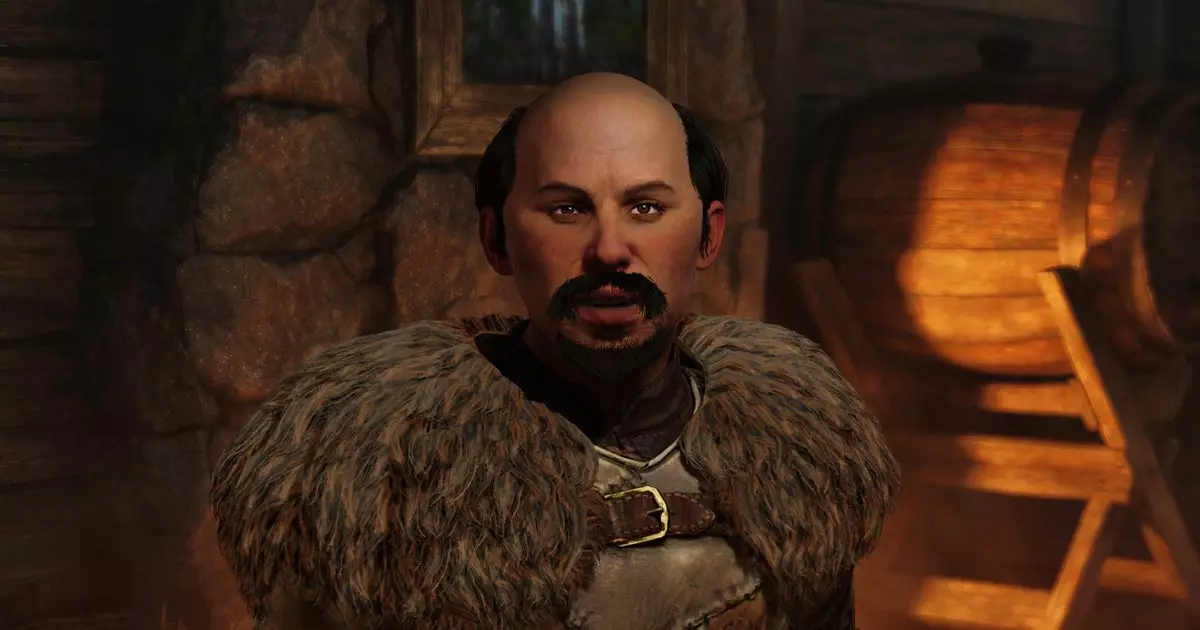The legendary game Oblivion has long been celebrated for its open-world exploration and immersive storytelling. Yet, beneath its captivating surface lies a fundamental mechanic that has both defined and limited player experience: the traditional skill leveling system. For years, players have been grinding through quests, battling NPCs, and hopping across Cyrodiil, all in pursuit of just a few more points in acrobatics or swordsmanship. This mechanic’s reliance on actively performing specific abilities to level up has become both a nostalgic charm and a point of frustration. The core issue? It artificially restricts freedom, forcing players to prioritize certain skills over others, often at the expense of immersion or creativity.
What if this rigidity could be broken? The existing design fosters a gameplay loop rooted in repetitive actions, which, while challenging, can also detract from the spontaneity and fluidity that make open-world RPGs so compelling. Modders like MadAbormodding are daring to question this standard, pushing the boundaries of what’s possible within Oblivion’s framework. By experimenting with alternative systems rooted in experience points (XP) acquisition from kills, quests, and discoveries—akin to Fallout 3—they introduce a fresh perspective that could revolutionize the way players approach progression in Cyrodiil.
The Potential Power of XP-Based Progression
The introduction of an “XP from everything” concept sounds revolutionary, especially because it shifts the player’s focus from mundane skill grind to more organic exploration and combat. Instead of meticulously honing skills to unlock levels, players accumulate points through varied activities, potentially making character growth feel more natural and less constrained. This aligns with modern RPG trends, where players expect their actions—be it combat, exploration, or social interactions—to contribute meaningfully to their character’s stature.
This mod, Mad Experience, does not eliminate the original skill progression entirely but refines it by decoupling level ups from active skill use. Now, a player who enjoys stealth tactics, for example, can silently assassinate enemies, gather XP, and see their overall level rise despite not investing heavily in traditional stealth skill trees. Such flexibility could open up new tactical options and creative playstyles, breathing fresh life into a game that has often been criticized for its skill-muting mechanics.
Moreover, the mod’s configurability signifies an important evolution in modding complexity. By allowing users to control how much XP is awarded per activity, players can tailor their experience according to their preferred playstyle—be it casual exploration or hardcore challenge. This customization could serve as a blueprint for future mods, encouraging a more personalized and engaging engagement with the game.
Bridging Nostalgia with Innovation
It’s easy to dismiss such modifications as trivial or overly ambitious, but they embody an essential truth: game longevity often hinges on adaptability. Remastering Oblivion isn’t just about polishing graphics; it’s about rethinking foundational mechanics and offering players new ways to connect with familiar worlds. The idea of blending Fallout’s XP system into Cyrodiil is emblematic of this ambition, providing a nostalgic yet innovative twist that can rekindle interest in a beloved classic.
Though I personally might not switch to such a radically different leveling system—especially if acrobatics and agility were core to my original experience—recognizing the potential it holds is crucial. It invites players to reconsider what makes a game enjoyable and how mechanics like leveling should serve player creativity rather than hinder it.
This mod’s development signals a broader movement within gaming communities—a push towards more flexible, player-centric systems. By experimenting with UI improvements like progress bars and integrating new ways to gain XP from lockpicking or pickpocketing, MadAbormodding demonstrates that innovation doesn’t need to sacrifice familiarity. Instead, it can amplify what made the original engaging, tailored to a new era of gamers craving depth and customization.
In the end, Oblivion’s potential for reinvention remains vast. As modders continue to explore these uncharted territories, they reveal that the essence of a classic game isn’t static; it evolves, adapts, and thrives through creative experimentation. This rewrite of progression mechanics doesn’t just enhance gameplay—it challenges the very foundation of what players can expect from their adventures in Tamriel.

